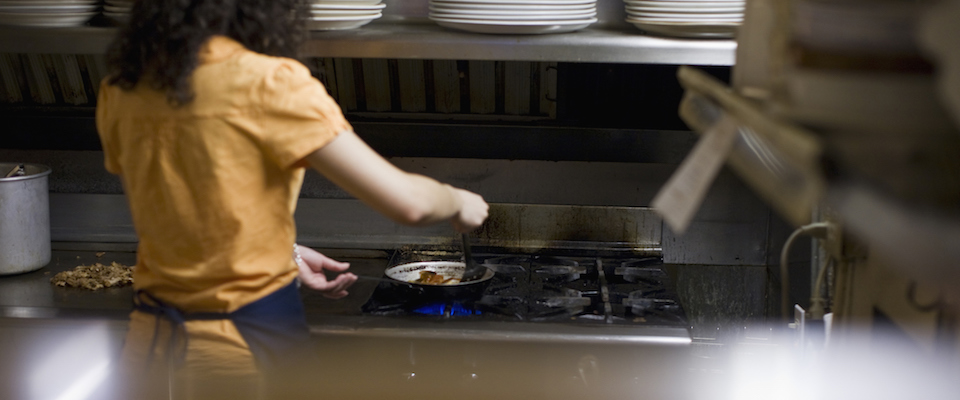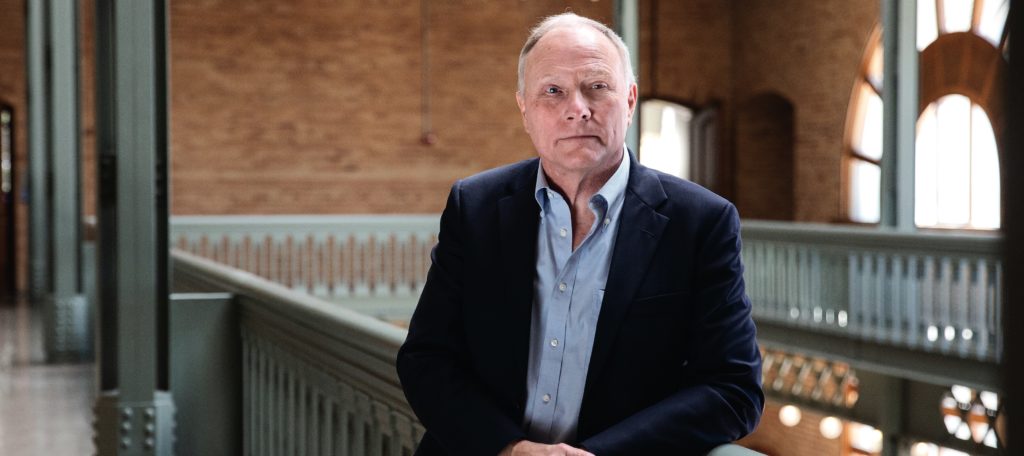Organized labor may be on life support, but fast food workers have kept it from flatlining. The labor battle has been taken to the lowest common denominator—the minimum wage—and it’s there that it’s finally regaining some traction. Strikes organized by the ad hoc organization Fast Food Forward and funded by the Service Employees International Union have galvanized near-moribund unionists, garnered front page coverage in the big metro newspapers, even generated a lengthy thumbsucker in The New Yorker.
No contracts have been signed with any of the major fast food chains, but there’s little doubt the purveyors of industrialized burgers and tacos are feeling the heat. Already, 14 U.S. cities have passed laws raising the minimum wage, including Seattle, which authorized a rate of $15 an hour. San Francisco voters will decide on raising the minimum wage (also to $15 an hour) this November, as will Oakland residents in the same election (to $12.25 an hour). Last week, the Los Angeles City Council boosted pay for workers at large hotels to $15.37 an hour and plans are afoot for a citywide increase to $13.25.
The predictable plaints have been made, most of them pegged to the cost of your Happy Meal. If the minimum wage is raised to $12 or $15 an hour, the rationale goes, the cost of franchise grub will skyrocket. Poor people, deprived of their primary source of sustenance, will starve. Middle- and upper-class consumers will pack cucumber and foie gras sandwiches for road trips instead of pulling over at the Golden Arches. Businesses will close. The center will not hold, things will fall apart.
But a recent study by UC Berkeley’s Institute for Research and Labor Employment undercuts that Chicken Little argument. Researchers analyzed the impacts of Oakland’s wage initiative—and fast food prices indeed would go up, acknowledges Ken Jacobs, the chair of the UC Berkeley Labor Center and a contributor to the study.
“On average, we determined that operating costs for restaurants would have to increase by 2.8 percent to accommodate the higher wages,” says Jacobs. “That’s about 25 cents for a $10 meal.”
Operating costs for the retail sector—another major employer of minimum wage workers—would increase by 0.3 percent.
By any objective analysis, such impacts seem picayune. Plus, there would be palpable and significant benefits to a wage hike, continues Jacobs. In Oakland, annual incomes for the lowest-paid cohort of workers (around 40,000 to 48,000 people) would increase by about $2,700 annually.
And ultimately, Oakland’s businesses would be helped rather than harmed by a wage increase, Jacobs says.
“Studies have demonstrated that low-income people tend to spend money they receive from increased wages, and they spend it locally,” says Jacobs. “Further, higher wages can actually save fast food restaurants money. A big cost factor for fast food franchises is high employee turnover. Training typically accounts for about 25 percent of costs in the restaurant business. People in the fast food sector tend to stay in fast food, but they move around a lot, going wherever the pay opportunities are best. That means (at low wage scales) you have higher training costs, and you don’t accrue the benefits of an experienced, stable, productive work force. You also have more equipment damage and more problems with customer service.”
Despite the corporate bleating, support for raising the minimum wage is strong, cutting across all political lines, says Jacobs. He notes it’s predictably popular with Democrats, but also with Republicans and Independents. People consider it an issue of basic fairness, and research supports that intuitive take.
“If the minimum wage had kept pace with inflation since 1968, it would be around $13 an hour today,” Jacobs says. “If it had kept pace with productivity it’d be about $22 an hour.”
Nor is the business community monolithic in its opposition.
“The corporate resistance is mixed,” Jacobs says. “The National Restaurant Association is lobbying hard against increases, and the Los Angeles Chamber of Commerce opposes them. But the San Francisco Chamber of Commerce favors them. So do prominent entrepreneurs like Eli Broad and Nick Hanauer.”
Part of the reason for the broad support may be a recognition that all citizens pay when a significant portion of the population can’t make ends meet. To a very real degree, a low minimum wage translates as corporate welfare.
“A colleague’s research showed that there is a significant savings in SNAP (food stamps) and Medicaid payments with higher minimum wages,” says Jacobs. “If people are too poor to meet basic needs, the taxpayers make up the difference.”



















